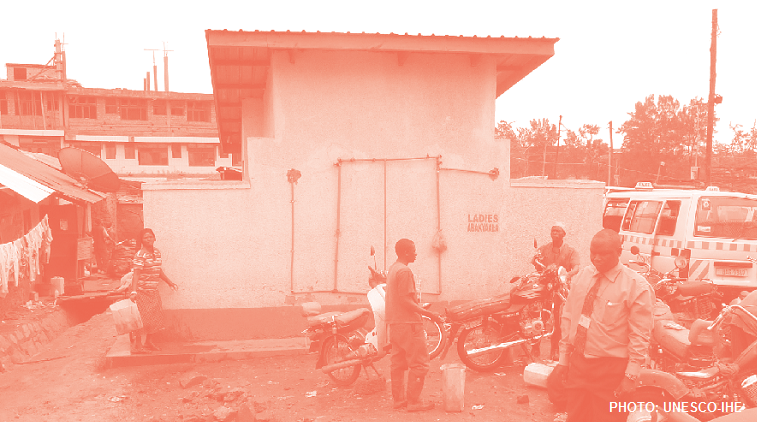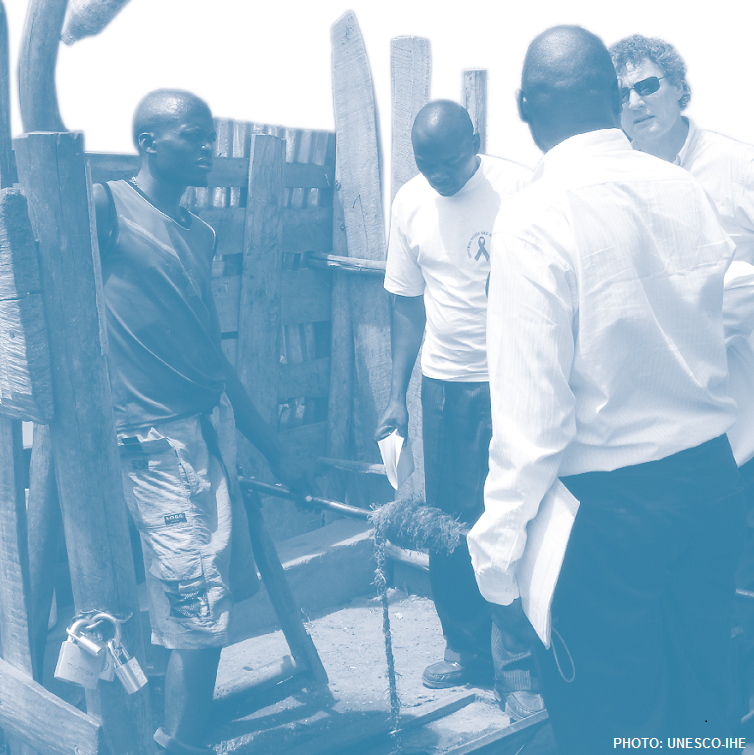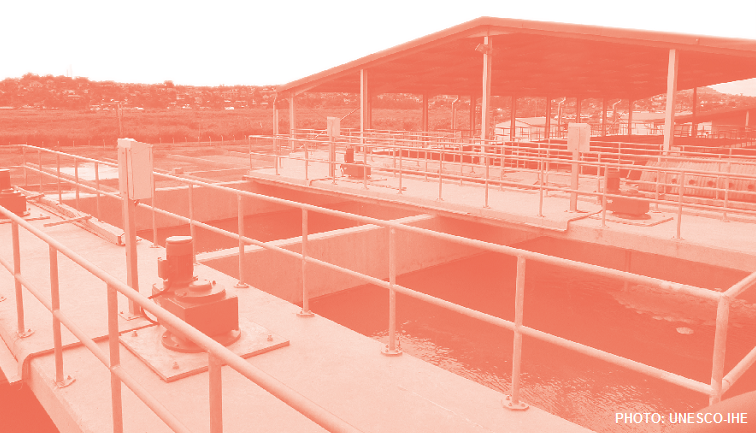Boosting Effectiveness of Water Operators' Partnerships
What
BEWOP is a research and outreach initiative aimed at boosting the effectiveness of Water Operators Partnerships (WOPs) around the world. Launched in September 2013, the project is a collaboration between the world’s foremost water sector capacity development institute, IHE Delft, and UN-Habitat’s Global Water Operators’ Partnership Alliance, the organization leading the global WOPs movement.

Why
Water operators, are uniquely placed for sharing experience and technical expertise with their peers yet they often lack the didactical capacity to effectively transfer their knowledge and the expertise to manage the partnership process. Thus the goal of BEWOP is to strengthen knowledge transfer and change processes in WOPs, in order to maximize the potential for operational improvements of water operators. To this end GWOPA and IHE are combining their respective expertise and working together in the development, dissemination and application of resources conducive to more effective WOPs.

How
Development and testing of new capacity development products and services (guidelines, training modules and materials) for WOPs, with a double focus:
- On content: re-developed and new thematic capacity development products/ services
- On processes: pedagogical resources to support effective knowledge transfer through WOP

What will change
By developing, disseminating and applying different resources, BEWOP will support Water and Sanitation Operators to:
- Design and implement WOPs in accordance with identified success factors, and avoiding common pitfalls
- Mobilize the individuals, goodwill and financial resources they need to do WOPs effectively
- Better assess capacity needs and formulate effective responses that are adapted to WOPs
- Develop a learning culture so that Water Operators can better receive, create, manage and in turn share their knowledge
- Be able to identify and access the knowledge resources they need to support them in WOPs
- Monitor, evaluate and effectively communicate about the results achieved through WOPs
